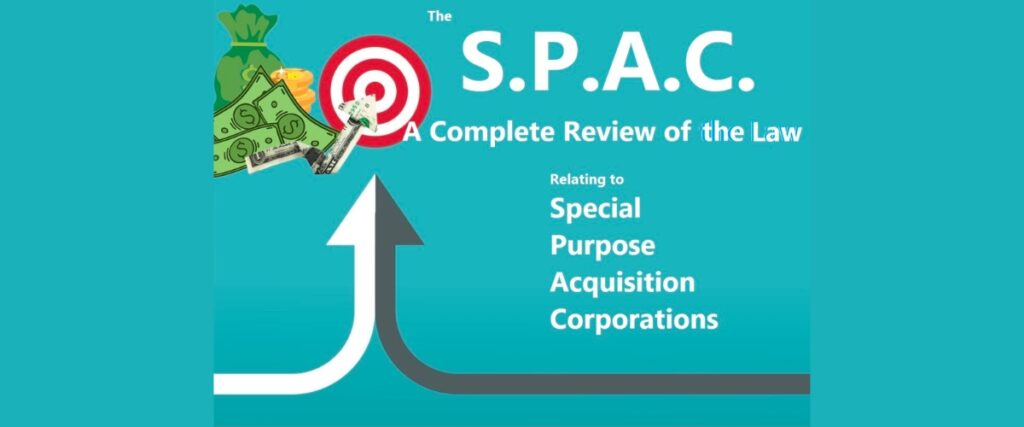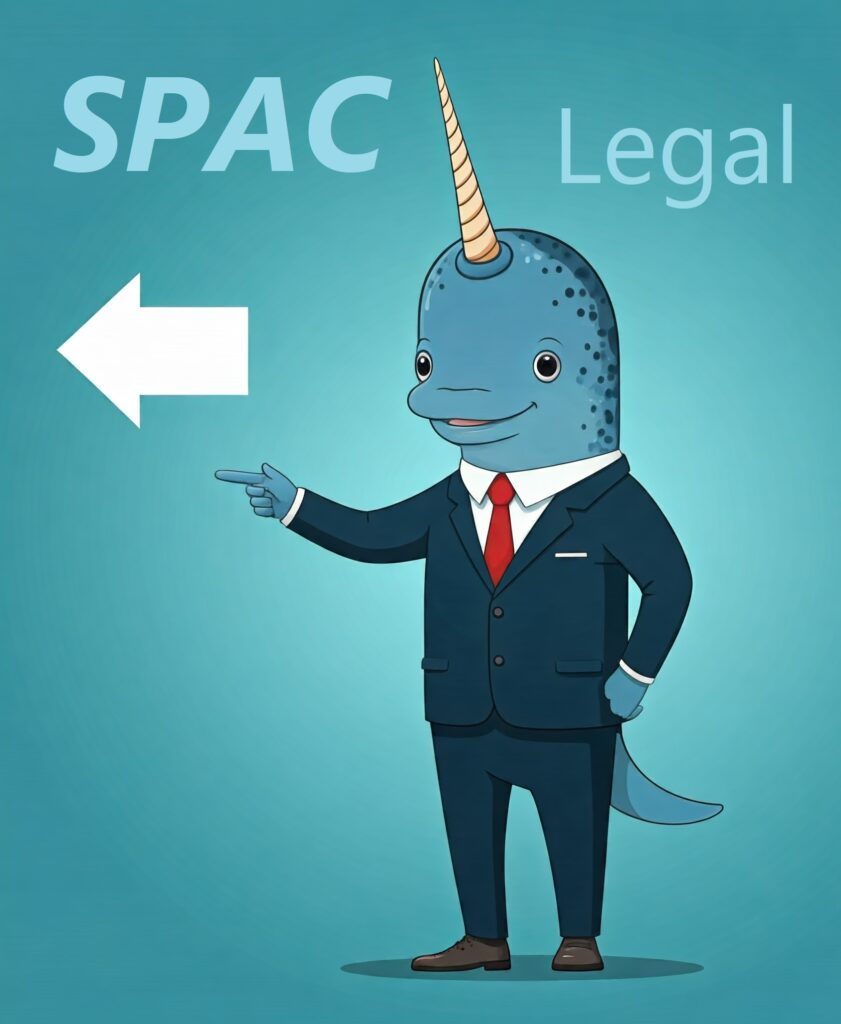SPAC
Special Purpose Acquistion Company
Law Firm
SPAC
Special Purpose Acquistion Company
Law Firm
What is a SPAC?
“SPAC” is an acronym for a “special purpose acquisition company.” These are entities that do not presently have an ongoing operation for a stated purpose. Rather, a SPAC exists for the purposes of raising money towards the goal of acquiring or merging with another entity (company) that will bring the SPAC investors profit.
SPACs are called “companies” but that presumes a SPAC is in fact a corporation. In reality, SPACs take all sorts of forms of entitites, from C corporations, to limited liability companies, to trust, and so on…
Important SPAC attributes include:
- Two year Life Span
- Formed for the sole Purpose of Merging with another Entity
- With the intent to take the Entity public (an IPO)
- With the Goal of Reducing IPO Risk, Reducing the Time to go IPO, with better Terms
- With Criticisms of Large Profits for SPAC Founders and Losses for Investors
Why is a SPAC Referred to as a “Blank Check Company?”
Calling a SPAC a “blank check company” is derogatory. It refers to the practical reality that investors in a SPAC primarily use their money based upon the person creating or promoting the SPAC rather than the idea upon which the SPAC will operate or the commercial viability (or price point) of the company it is created to acquire. In short, investors write a “blank check” with their money hoping for returns with no concrete basis for the belief, other than their faith in the SPAC founder.
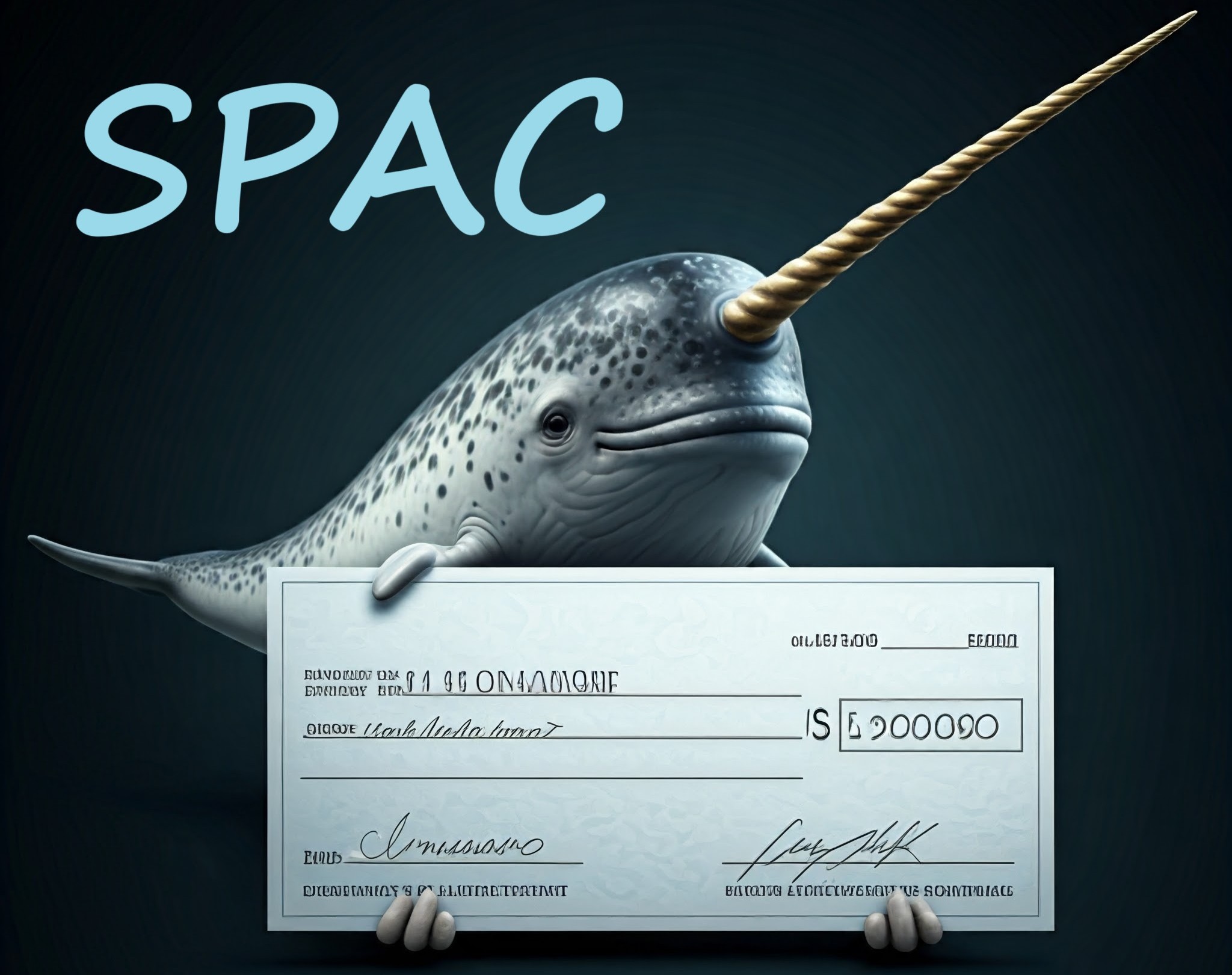
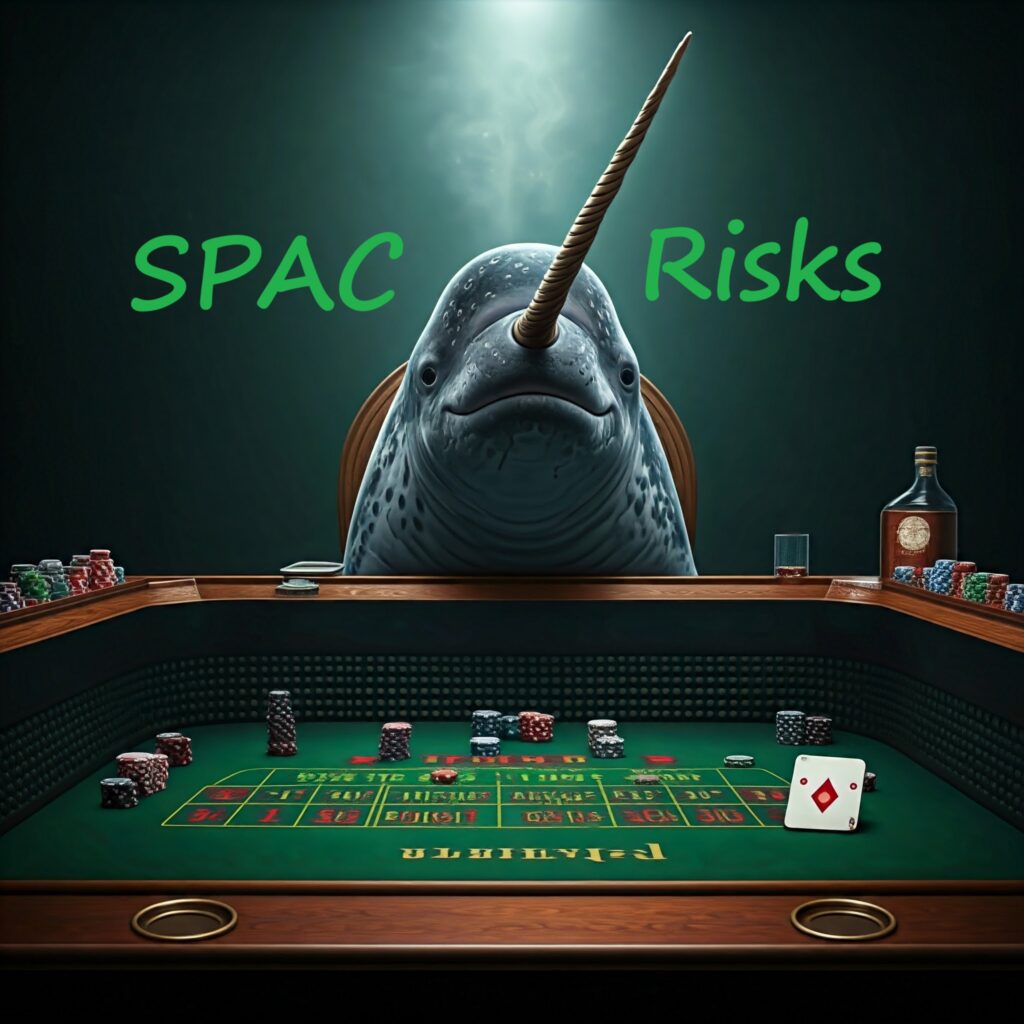
What Are the Risks of a SPAC?
An investor in a SPAC IPO trusts that promoters are successful in acquiring or merging with a suitable target company in the future. However, there exists a reduced degree of oversight from regulators and a lack of disclosure from the SPAC, burdening retail investors with the risk that the investment may be overhyped or even fraudulent.
Subpar Returns
Returns from SPACs may not meet the expectations offered during the promotional stage. Strategists at Goldman Sachs noted in a September 2021 study that of the 172 SPACs that had closed a deal since the start of 2020, the median SPAC had outperformed the Russell 3000 index from its IPO to deal announcement. However, six months after deal closure, the median SPAC had underperformed the Russell 3000 index by 42 percentage points!
As many as 70% of modern SPACse now trade below their offer price by the end of the same year (according to a Renaissance Capital strategist). This downward trend signals that the SPAC bubble that some market experts predicted is statistically significant. The “take away” from the facts and analysis is that all SPACs are not created equal, and much like the crypto industry at large, there are many mild losses sprinkled with a few huge winners.
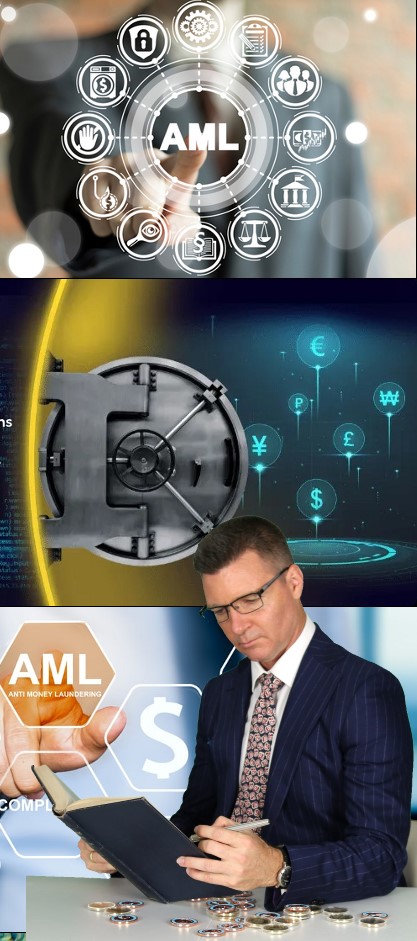

Trial lawyer Matt Hamilton graduated from the University of Missouri in 1995 with Science degrees in Logistics, Marketing, and Business Administration. Juris Doctor, 1999.
Let's talk. How can we improve your business situation?


